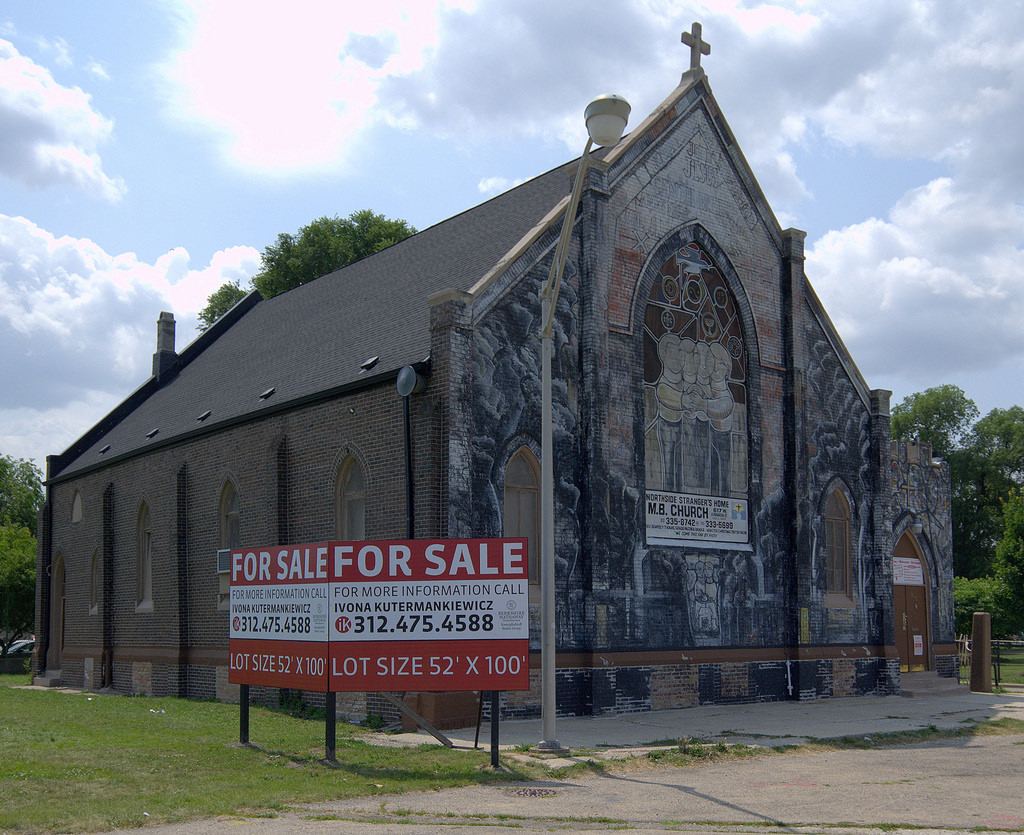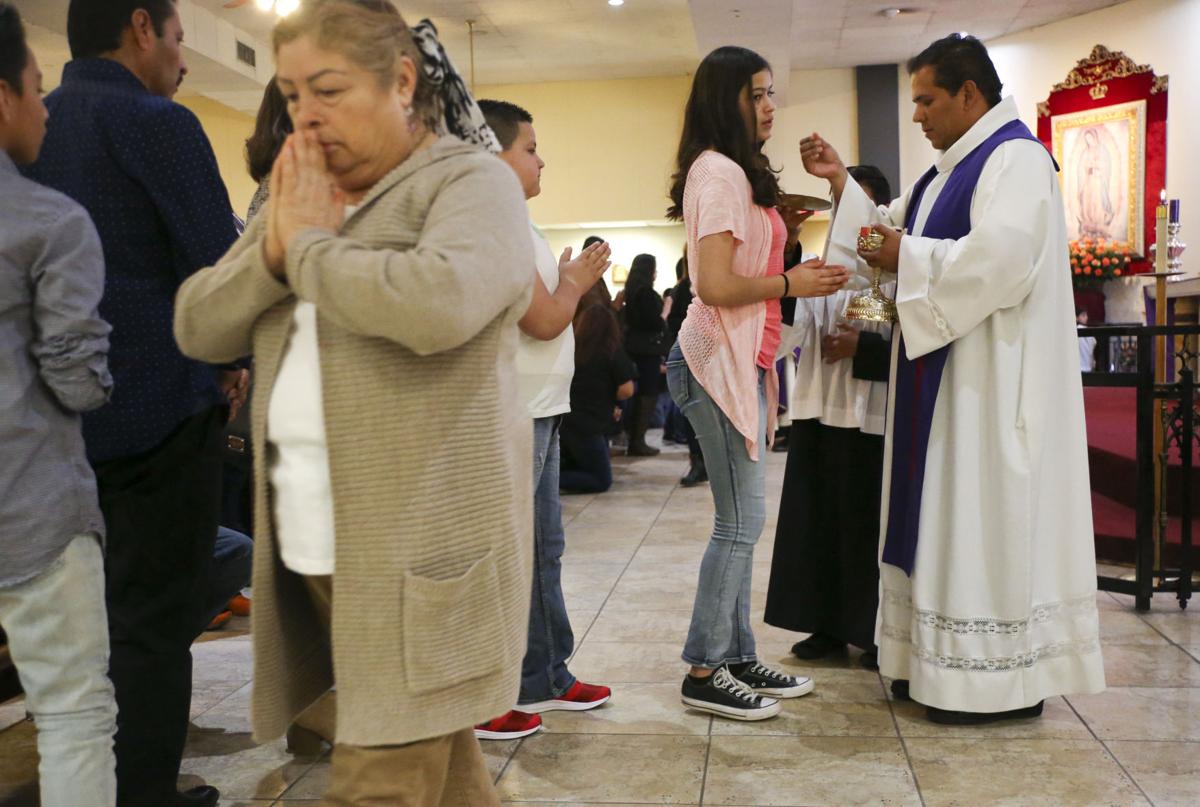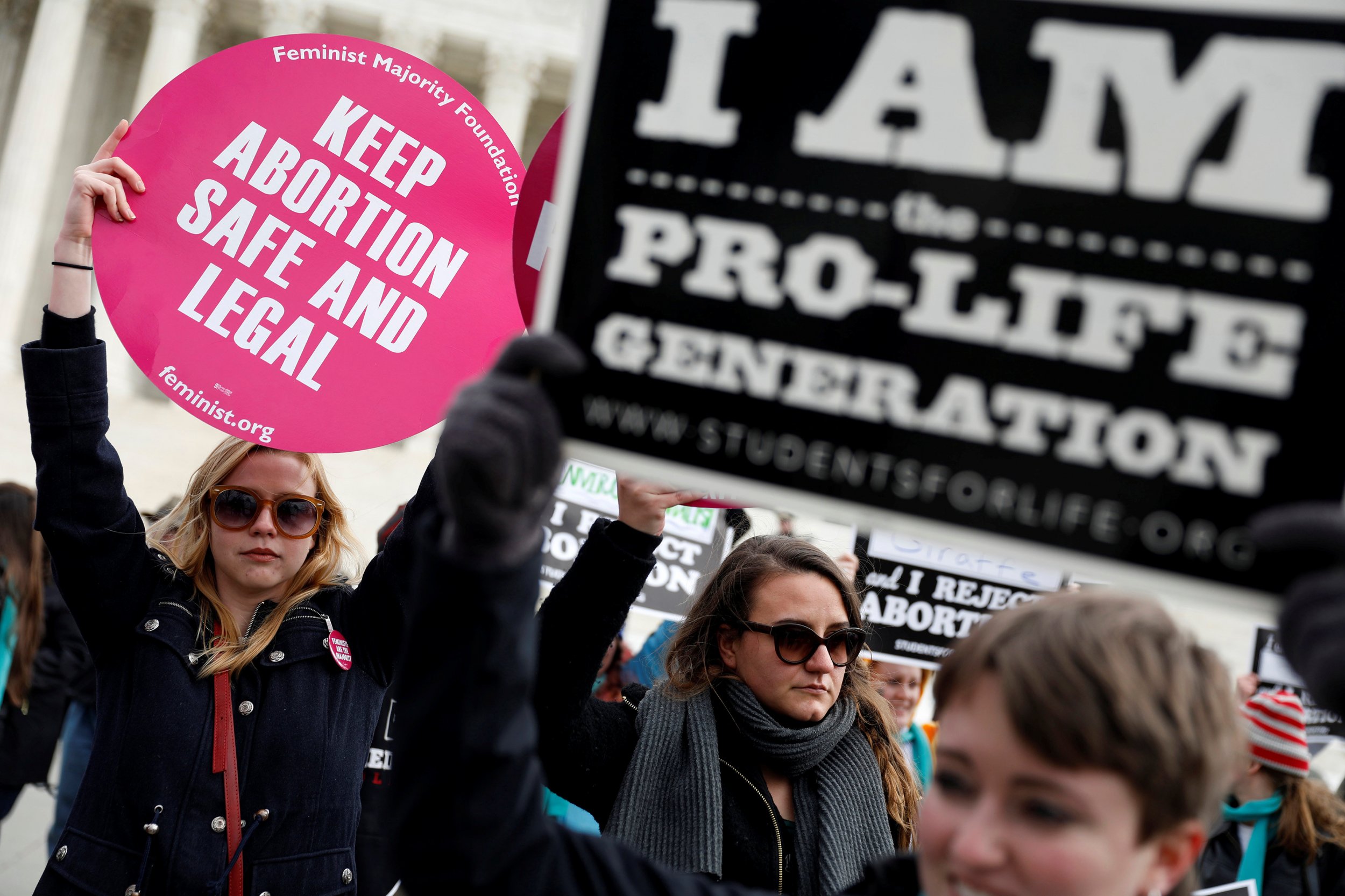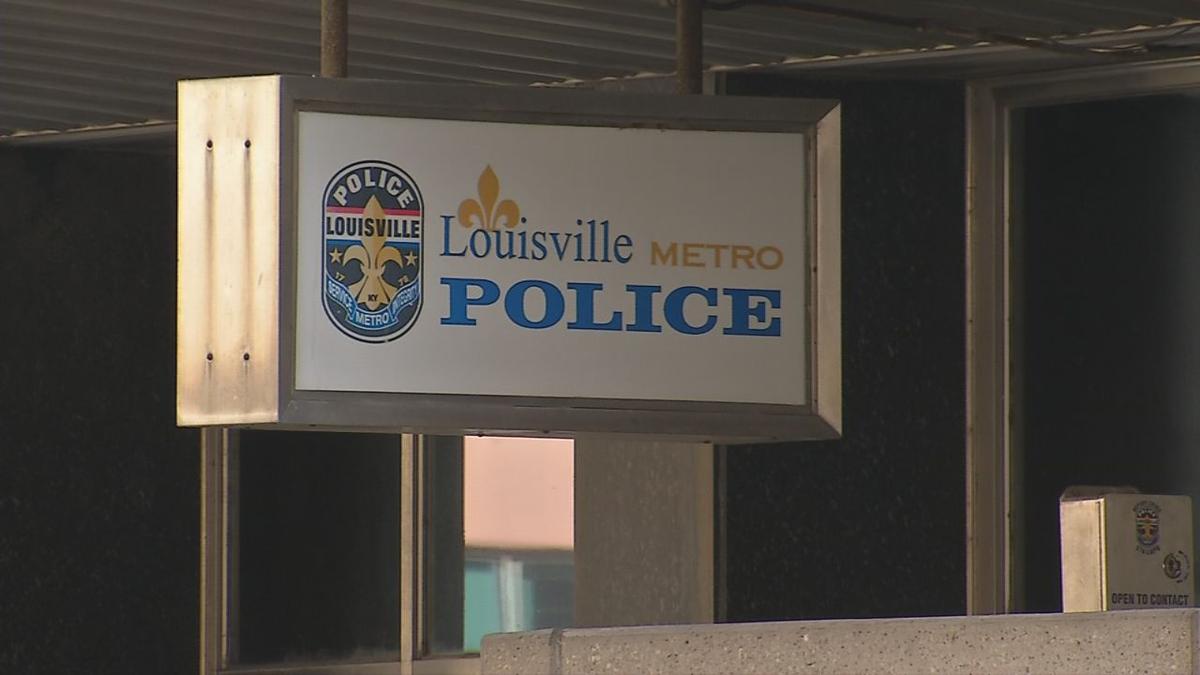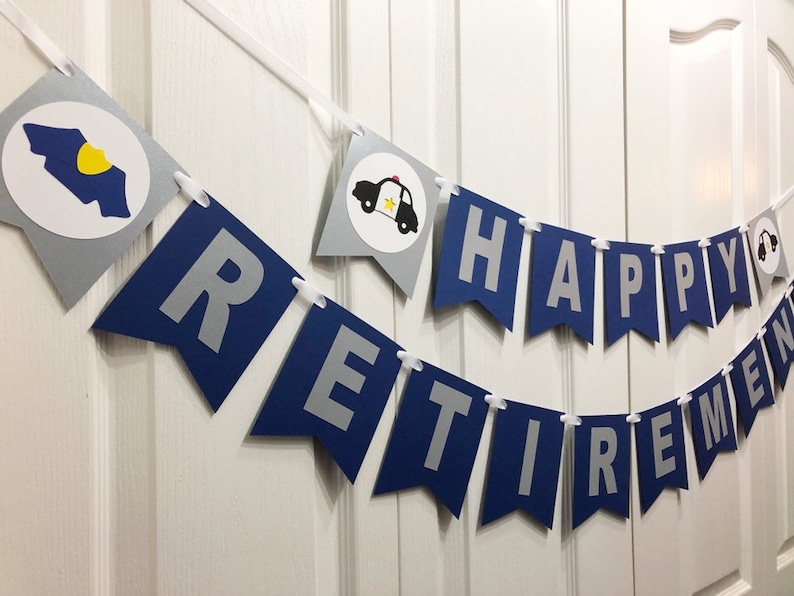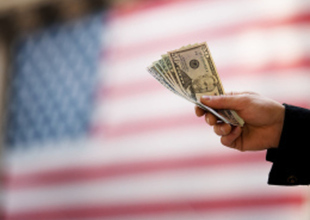Our currency says "In God We Trust", but what about America? Do we still have confidence in our country? Americans, it seems, do have a serious trust issue, especially when it comes to the government and authority figures. That distrust is part of the American character stemming from those who first settled and explored this land. Many were viewed as being social, political, and religious outcasts.
The economics and social structure of the Pre-19th Century hamstrung the lower class merchants, craftsmen and subsistence farmer who toiled away on land they rarely owned while idle rich reaped the profits through rents and taxes. The social system often locked them into their social class of their birth with little or no hope of rising above it. Life for the majority was a grueling battle just to survive while the ruling elite were all but oblivious to their plight. To the elites, it was all due to "divine" ordination.
This "New World" offered a chance to change that. It was a risk, often requiring them to sell their selves into servitude for as much as a 1/3 of their anticipated lifespan just for this one rare opportunity to step up on the next rung of the social ladder. In the Jamestown of the early 1600's, approximately 75% of the population was indentured.
Upwards to 50% would die before ever seeing their freedom due to disease, exhaustion, or being undernourished. Even for those who survived to reach the end of their servitude, many would find the land they received for their decades of bondage was infertile land or too small to sustain them. But they came anyway.
America was settled primarily by social, religious, and economic outcasts who built a new life of their own. No lords. No masters. It's helped create the image of the "rugged individual" and sense of independence which we still value to this day (and something others in foreign countries struggle to understand).
Our alleged "insolence" and "rebelliousness" as England's King George III referred to us was even written into the Declaration of Independence while our belief in the dignity of the individual was expressed in the Bill of Rights. So, it's no wonder that we distrust authority, which is borne out by a recent Pew Poll.As an aside, this poll is not about "approval ratings" which often fluctuates weekly based on a variety of issues like the popularity of a party, legislation, or person as presented by the establishment media. Instead, this poll examined our "trust" or "confidence" in government, which more long term. It also delved a bit deeper to look at other national institutions.
Polling about the government has long been interesting, if for nothing else than from a perverse perspective to see just how low it will go. Americans have long disliked and distrusted Congress no matter which party is in control, and for the matter, the presidency. However, we have still held the Supreme Court in (relatively) high esteem, but all that's changed and we'll explain how.
According to the poll results, taken in July 2022, the amount of "trust" or "confidence" we had for Congress in 2021 was a meager 12%. But as of July that figure had dropped to a pathetic 7%! As for the presidency (not the President), that "trust factor" dropped from 38% in 2021 to just 23% in 2022. When it came to the U.S. Supreme Court, they were not so "supreme".
Historically, the Supreme Court has been the one branch of government which somehow managed to sidestep the wrath of the public. Perhaps it's because it's rarely in the news or deals with issues many of us have only a passing interest in. Besides, there's always been some kind of mystique about the highest court. It's members, appointed for life, were seen as close to infallible as we mere mortals could get. They were each highly qualified for their position. The court, as a whole, was also seen as being impartial and above or outside the slimy dealings of politics.
However, the Pew Poll showed something different. In 2022, the confidence factor of Supreme Court was only 25%, which was down 11% from the 2021 results of 36%, which was still shocking. What would cause the results typically associated with Congress (on a good day) or the President? One key factor was Citizens United, a ruling that has had devastating consequences for the average American.Citizens United, which was upheld by the Supreme Court in 2010, all but removed ordinary voters from politics and gave it to Big Business. Corporations were now seen as having the same rights as the average person, with one major exception (more on that shortly). Corporations are a legal construct. They are soulless artificial legal entities. They do not speak or act for their employees (it's often also pointed out that corporations are not democratic. They act as feudalistic kingdoms).
Corporations function based on the collective voice of their board of directors with limited input from their shareholders. They exist solely to make a profit for those invested in its performance. Thanks to Citizens United, corporations now give virtually unlimited amounts of money to whomever they want, essentially buying the officeholder or political party.
The Supreme Court (and certain members of Congress) justify this by saying that "money equates with free speech" (of course, you and I are limited by the amount of "free speech" we donate by both legislation and practicality). That's the major exception I alluded to earlier. Even unions, which act more on behalf of the corporations they're suppose to protect workers from than the workers, can't compete. Unions are only able to donate one dollar for every ten corporations donate.
Citizens United was the final screw in creating the "Frankenstein" which transformed our Constitutional Republic into a neo-fascist Corporatocracy; our representative democracy is now run by a corporate like board of directors; an oligarchy of unbelievably rich individuals on behalf of equally rich shareholders. 12 years later and still 75% of Americans regardless of party oppose Citizens United.
The court's recent decision reversing Roe v. Wade also deeply affected the public's trust. 62% of American surveyed said the court made the wrong decision, adding that abortion should be legal in every state.Related to the Supreme Court is the criminal justice system. As many know, we have the highest percentage of individuals behind bars, 0.7%, than any other country on the planet, be they "democratic" or authoritarian (including monarchies). That's nearly 700 individuals per 100,000. That's more than France, Russia, China, Turkey, Mexico, or Brazil. Not surprisingly, confidence in the criminal justice system is just 14%, down from 20% in 2021.
When it comes to other institutions which comprise the foundation of our nation, they've done just as poorly. In fact, 11 of the 16 institutions mentioned in the survey had declined between 2021 and 2022, and of those remaining five, their trust factor remained the same. Let's look at business first.
"Big Business" which includes companies like Walmart, General Electric, and Kroger have a current trust factor of 14% thus far in 2022%. which is down from 18% in 2021. Large technology companies, such as Google and Apple, went from 26% to 23%. Banks and other financial companies "to big to fail" dropped from 33% to 27%.
Meanwhile, small business (or what's left of them post Covid-19), remained strong 68%, having fallen just 2% from 2021 until now. It seems we still prefer the "mom and pop" businesses that reflect our appreciation of the individual and entrepreneur, as well as the everyday familiarity which comes from the smaller local businesses and the knowledge that we are also helping our community by buying local.
Organized labor was one of the very few groups included in the survey which didn't show a decline, however, it didn't increase either. In fact, trust in unions remained at a 28% low. It's likely due to the low number of workers represented by unions as well as the corrupt reputations many unions suffer from because of the actions of a few.The medical system took a hit from the Covid pandemic, "mandatory" vaccinations, masks, and the prolonged quarantines which hurt small businesses (which were forced to close) while helping big corporations (which were allowed to remain open). Unanswered questions regarding the vaccinates and the seemly endless "boosters" didn't do them any favors either.
Many people nowadays question whether doctors, pharmacies, and hospitals serve the interests of insurance companies and medical research companies over the health of their patients. This lack of confidence is reflected in the poll with just 38% trusting the medical industry compared to 44% in 2021 (we can even link the technology companies mentioned above back into this too).
While the Covid crisis was raging, so was more civil violence resulting from the recent deaths of individuals at the hands of the police. Whether the police were at fault is a matter of opinion, but it certainly affected the public's confidence in law enforcement.
The poll backed that up by showing a decline from 51% in 2021 to 45% in 2022; a 6% drop. Along with the loss in confidence, police departments across the country are losing law enforcement officers as hundreds continue to retire or resign each month as we reported earlier.
Trust in the military was another one of the very few which, while dropping slightly, still remained strong with 64%. In 2022, that number had been 68%. No doubt the chaotic withdrawal from Afghanistan after 20 years of fighting and perception of a second military defeat played a big factor in 4% decline. Still, we cherish our men and women in uniform.Turning from the military to religion, organized religion continues to decline as we reported in our last article. Overall, trust in religion is 31%, which represents a 6% drop from the previous year. While there are several factors, certainly some must include the Vatican's continuing refusal to deal with its pedophilic priests (a issue which has spilled over to other religions), not to mention corrupt televangelists, along with issues concerning married priests, ordaining women, birth control and abortion, gays in the church, and the centuries old conflict with science.
Not surprising is the fact that even our school system isn't safe. Confidence in our schools and even our teachers have been on the decline for decades, starting with forced bussing and the decline of discipline in the schools in the 1970's.
Schools are now largely thought of as either public babysitters or pre-incarceration centers. Schools were once seen as safe havens, but not anymore. Respect for teachers have dropped, as has the desire to learn (for some minorities, academic achievement is often seen as "acting white" and typically results in being bullied and/or ostracized).
Today, the emphasis is on appeasement, especially if it has a racial or sexual orientation slant to it. They "graduate" individuals who can't read at grade level, can barely write, have little or no knowledge of literature, English grammar, science, or history and no appreciation of the arts.
They don't understand civics or what it means to be a citizen or to have respect for others. They have no critical thinking skills, but they sure know their sports! They're taught that college and debt is their only option rather than the trades which are more in demand, cheaper and quicker to obtain, and pay better than average. Is it any wonder confidence in the school system is just 28%, down from 32% the year before?Last on our list is the mainstream media. 96% of all media, including videos, movies, TV and radio programming, newspapers, books, and magazines, and even internet content are owned by just five companies. They literally control what we see and hear. They influence what we think on every topic. Most Americans nowadays no longer trust the media, which is labeled as "fake news". I find no surprise that television news has a trust factor of only 11% while newspapers (and print media) is a just 16%.
It's not uncommon for the approval rating of this or that individual or group (such as Congress) to be in the dumpster, depending on the popularity of their party, their personality, or how they're portrayed by the media, but this poll goes further than that. It's a snapshot of our confidence in the very foundations of our society. It's also a warning.
If you want to know more, please take a look at the links below. If you enjoyed the article, please consider passing it along to others and don't forget to subscribe. It's free! Lastly please be sure to "like" us on whatever platform you use to read A/O. It helps with the algorithms and keeps our articles in circulation. Thank you!
Confidence in U.S. Institutions Down; Average at New Low
Mass Incarceration: The Whole Pie 2022
Majority of Public Disapproves of Supreme Court's Decision to Overturn Roe v. Wade
Millions of Small Businesses Closed in 2020: The LongRecovery Ahead
The pandemic may have caused 200,000 business closures---fewer than expected




/GettyImages-93271740-5719e4f815e3497e970cb8991c357547.jpg)
.jpg)


